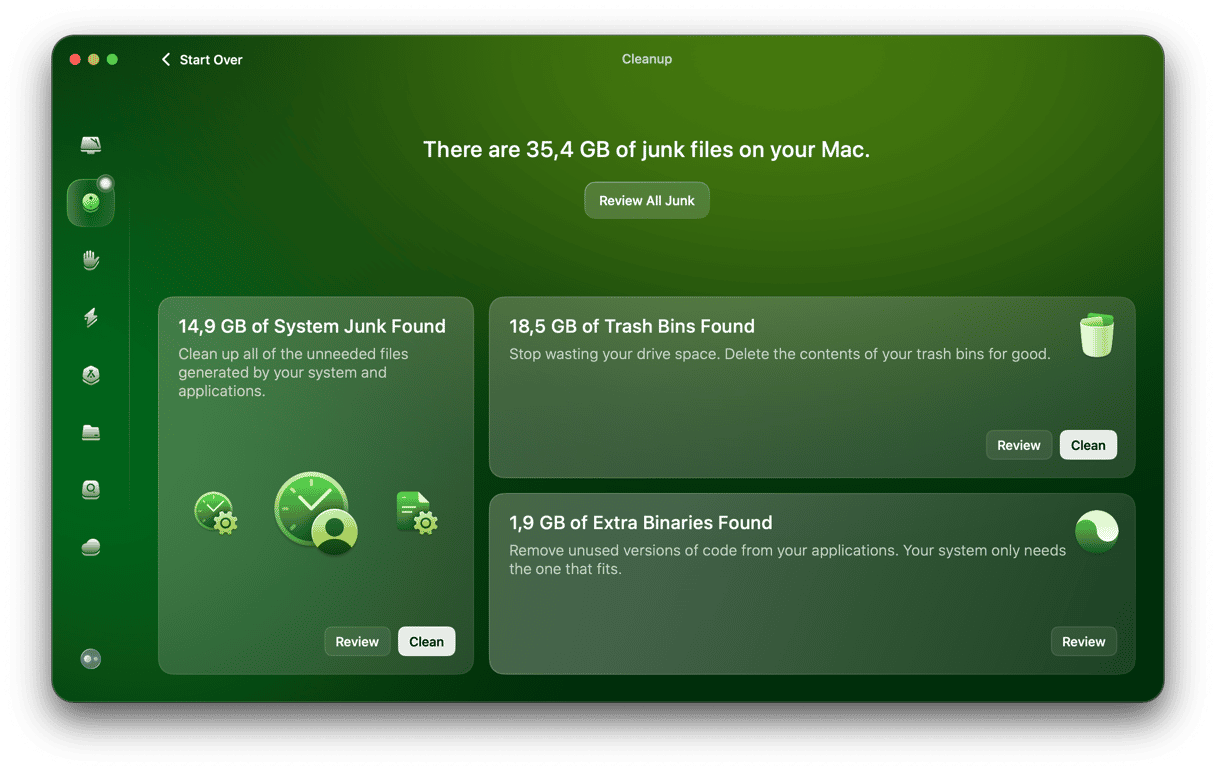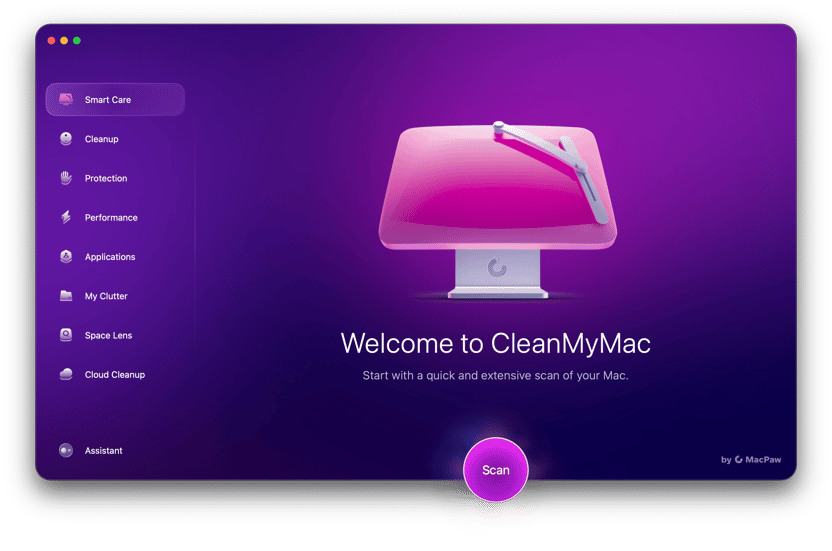macOS is a mature and stable operating system, and so it’s very unusual for things to go badly wrong. However, the switch from HFS+ to APFS file systems did cause one or two problems that still crop up for some users from time to time.

What does ‘Could not create a preboot volume for APFS install’ mean?
The issue occurs when macOS needs to change the format of a boot disk from HFS+ to APFS to install the upgrade and, for some reason, is unable to. To be precise, it means that the Preboot Execution Volume (PXE) couldn’t be installed on the APFS volume. The reasons for the failure are unclear. Happily, though, solving the problem isn’t too tricky.
How to fix ‘Could not create a preboot volume for APFS install’
As with any situation where you are upgrading the OS or erasing your boot disk, you should back up your Mac. In fact, back it up twice to two separate locations if you can. Ideally, you would make one Time Machine backup and make another backup by creating a bootable clone of your startup disk.
Once you’ve made a backup of all your data, you need to decide how you want to reinstall macOS on your boot drive. There are three options.
- Recovery mode
- Internet recovery
- A bootable USB stick or disk
Whichever option you choose, you will need to erase your startup disk first.
- Make sure your Mac is connected to the Internet.
- Shut down your Mac.
- Restart your Mac holding down Command+R to boot into the recovery partition.
- Choose Disk Utility.
- Select Erase and your startup disk (Macintosh HD).
- Choose APFS as the format and erase the disk.
- Restart your Mac while holding down Command+Option+R.
- When your Mac restarts, choose to reinstall macOS.
The Command+Option+R combination installs the latest version of macOS that is compatible with your Mac. It will either use the recovery partition or, if it can’t access that, use internet recovery to run the installation from Apple’s servers. Once the installation has been completed, you can copy data back to your Mac from the backup.
Error messages like ‘Could not create a preboot volume for APFS install’ are daunting when you come across them, but they are not too difficult to fix. If you follow the steps above, you will be back up and running in no time.








